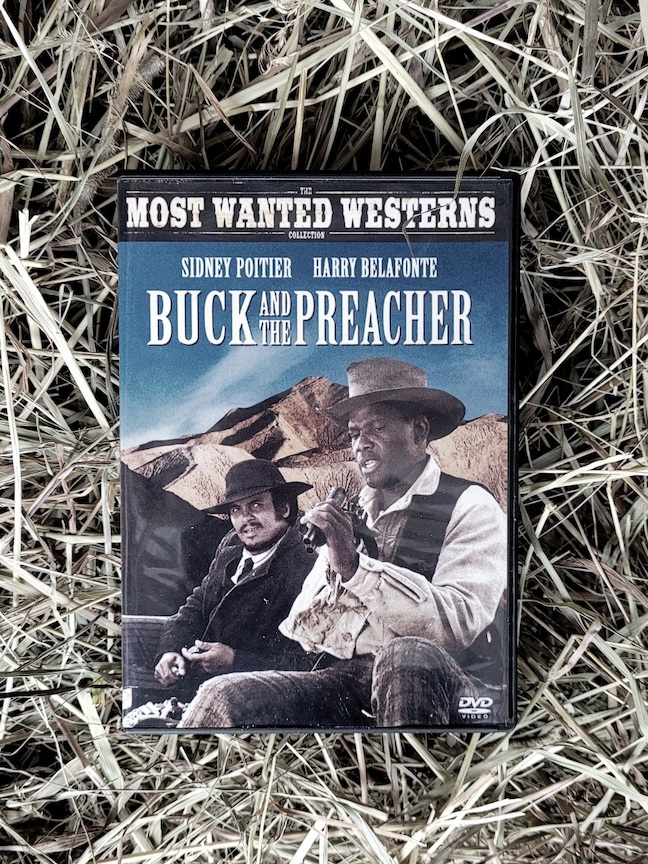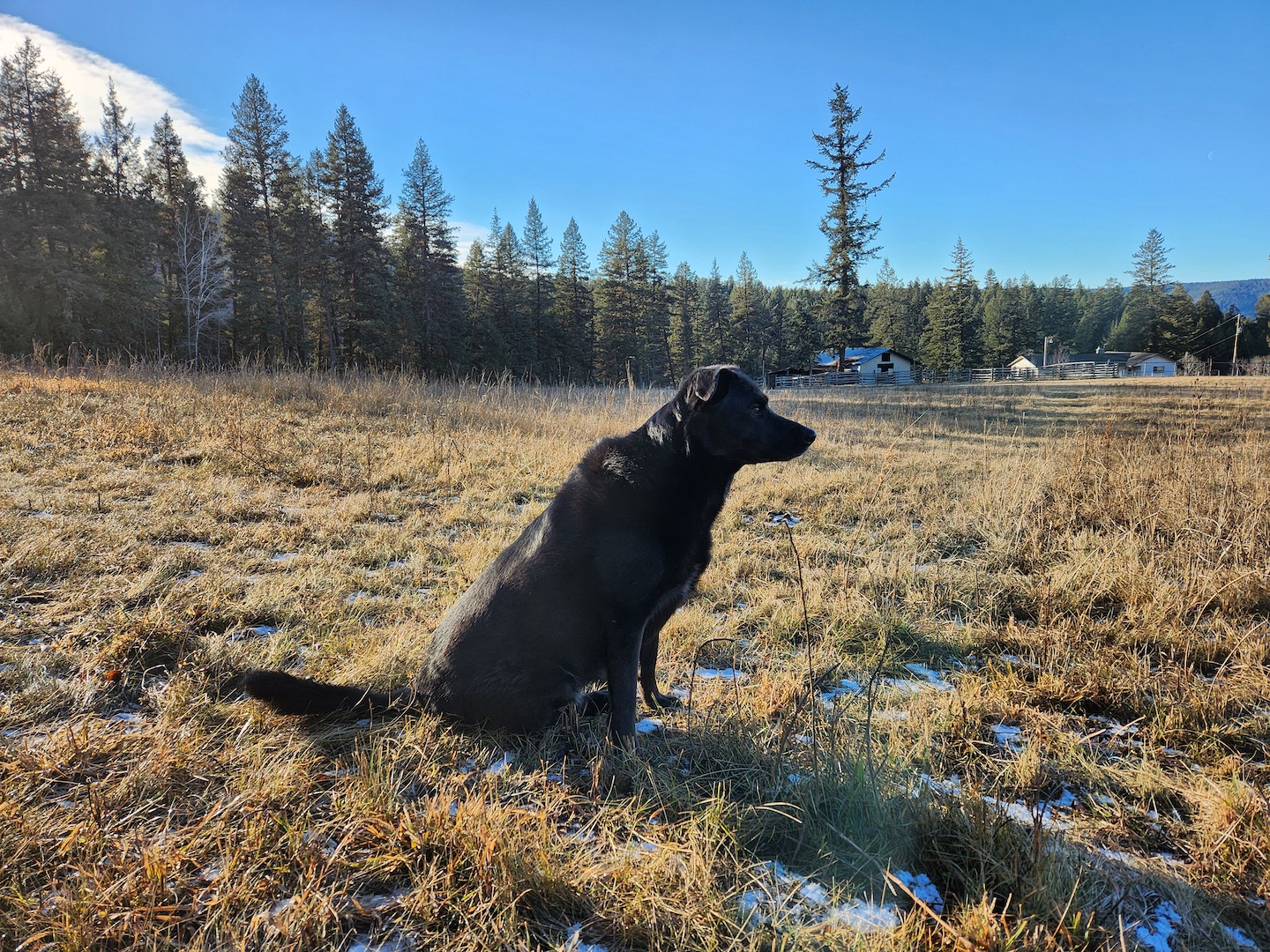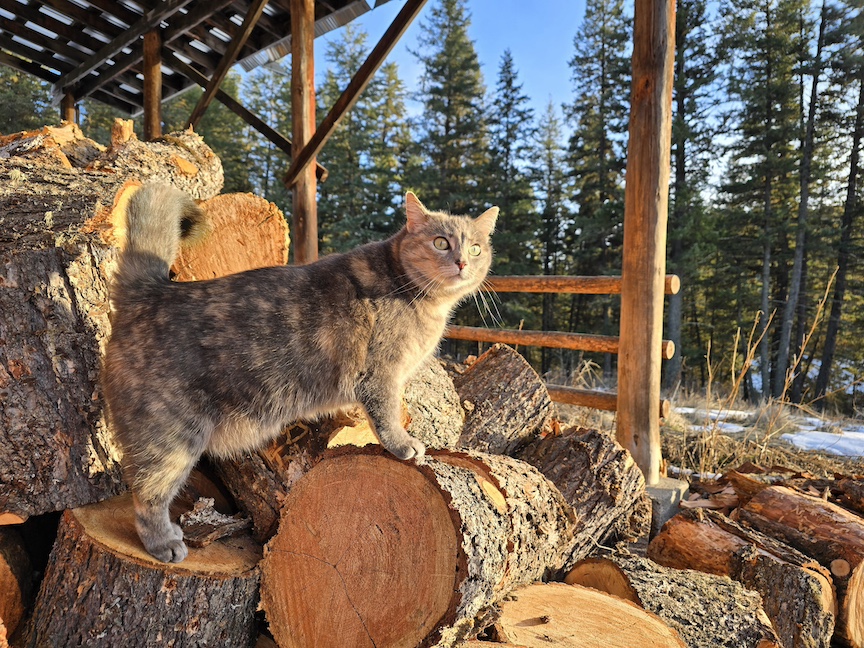Starring: Sidney Poitier, Harry Belafonte
Director: Sidney Poitier
Released: 1972
Mood: If you only know Harry Belafonte as the ‘Day-O’ man and want to see him rock horseback chases and gunfights like a boss.
“In the Old West, one in four cowboys was Black, but you’d never guess it to look at Hollywood Westerns.”
I’m no historian, but I know this: white folks weren’t the first people in North America, and the Western genre is completely dependent on BIPOC people.
I think it would be ignorant to call myself a Western fan if the only stories I watched or read were about white people. That would be like only reading fantasy books about humans, or only watching period dramas about Canadians. How f*cking boring would that be?
There were a LOT of people doing a lot of interesting stuff in the Old West, and I want to hear all of the stories! Every last one.
I came across Buck and the Preacher on a list of the best Westerns with Black leads. Sidney Poitier was outstanding in his first Western, Duel at Diablo, and Harry Belafonte pretty much owned the Beetlejuice soundtrack. So I knew I needed to see this movie.

Buck and the Preacher takes place in late 1860s Kansas, shortly after the Civil War. Lincoln has promised Black people freedom (and land), but there are a lot of angry white boys trying to stop them from getting there.
Buck (Sidney Poitier) is an ex-Union Army cavalry sergeant. He now uses his scouting skills as a wagon master for former slaves trying to get across the frontier to find new homes. But a pack of racist Louisiana bounty hunters is on the warpath, led by a slimeball named Deshay (Cameron Mitchell). They want to capture all the former slaves and force them back to the plantations.
Now Buck is honour-bound to help one group get to their destination, the Colorado frontier. But the hopeful settlers’ money is stolen on a violent, merciless raid by the aforementioned assholes. Facing starvation, Buck joins forces with a smooth-talking ‘preacher’ (Harry Belafonte) to rob a bank and save the people under his protection.

Now don’t get me wrong. Sidney Poitier is a force. A FORCE. But Belafonte is the standout in this movie.
His performance as the shady-yet-charming Reverend Willis Oaks Rutherford is packed with twitchy, shifty-eyed energy. You can barely see the clean-faced crooner in this character; his teeth are blackened and crusty, and his eyes are literally glittering with mischief. At the same time he radiates an inner sweetness, and bounces gleefully from scene to scene.
You can just tell that Belafonte was born to be a star.
Polar opposite to the Reverend, Poitier’s Buck is every bit the stoic straight man. I think he only smiles twice in the entire movie, his eyes always watching and his posture always tensed for an attack. It’s a good performance, and one full of ‘seen too much’ wariness. But your eye is constantly drawn to Belafonte’s antics.
I read a few reviews (including the DVD jacket) that said Ruby Dee is a scene-stealer as Buck’s wife, Ruth, though I didn’t see it.
Her character is a tough woman who knows what she wants, and Dee gives it her all. But the smaller part she’s got to work with is the same as the leading lady in most other Westerns at the time – a side of vegetables next to the man meat in the spotlight.

Buck and the Preacher drew a lot of comparisons to Butch Cassidy and the Sundance Kid. Both are revisionist Westerns, meaning the plot and the direction challenge typical Western storytelling (such as heroes robbing banks, or BIPOC people getting to be the good guys).
Not only are all of the lead characters Black, but there’s an alliance with Native Americans to escape the asshole white guys. Unfortunately, the chief and his wife are played by a Mexican actor and a Jewish American actress… so where it gives strength to a Black story, it does fail the Native one.
Sidney Poitier actually took over as the film’s director because he didn’t like the original POV, making this his debut behind the camera.
Sadly, Buck and the Preacher flopped at the box office. Financially it only broke even, which apparently cost Poitier a deal with Columbia. The issue seemed to be that it was released at the time of the Blaxploitation boom, and critics and audiences incorrectly (in my opinion) lumped it in with that genre.
People expecting another Shaft were obviously super f*cking confused to find themselves watching a mostly serious and mostly realistic Western.
Yes, Buck and the Preacher depicts Black folks as the protagonists, which is one commonality with Blaxploitation films. But I don’t think it resorts to negative stereotypes.
Belafonte’s character is a con man, but it doesn’t come across like it’s just because he’s Black. You also never see him actually con any of the good guys; he appears to think about it, and Buck doesn’t trust him, but the Reverend puts his life on the line for others when it matters most.
Again, this is just my opinion, and I am very, very white. I could be wrong, and I’m sorry if I am. It just seems to me like this is a serious revisionist Western, and far from a Blaxploitation flick.
That’s actually one of the things that hit me most about Buck and the Preacher – it’s a somber story, yet nobody gets emotional. Awful, sometimes horrific things keep happening, and not one person cries. You really feel that they’re so worn down from everything they’ve suffered, they expect bad things and they’re used to moving on.
With that said, this movie is also one long-ass horseback chase from start to finish and riddled with massive shootouts. It somehow manages to be a high-action Western despite its minimal dialogue.
That’s where it’s totally different from Butch Cassidy. Where that movie was full of cheeky dialogue that often felt fake (plus that AWFUL f*cking bicycle sequence), Buck and the Preacher reads as more authentic. They do both end with a daring last stand that includes visibly fake blood and unconvincing acting by everyone who gets shot.
But as far as ‘70s Westerns go, it’s a good movie. It’s not my favourite for Sidney Poitier, I liked him better in Duel at Diablo, and it’s kind of a B- overall. But holy shit, is this ever a great performance by Harry Belafonte.
Gonna go crank Spotify’s Harry Belafonte playlist, and keep searching for more diverse Western stories.


